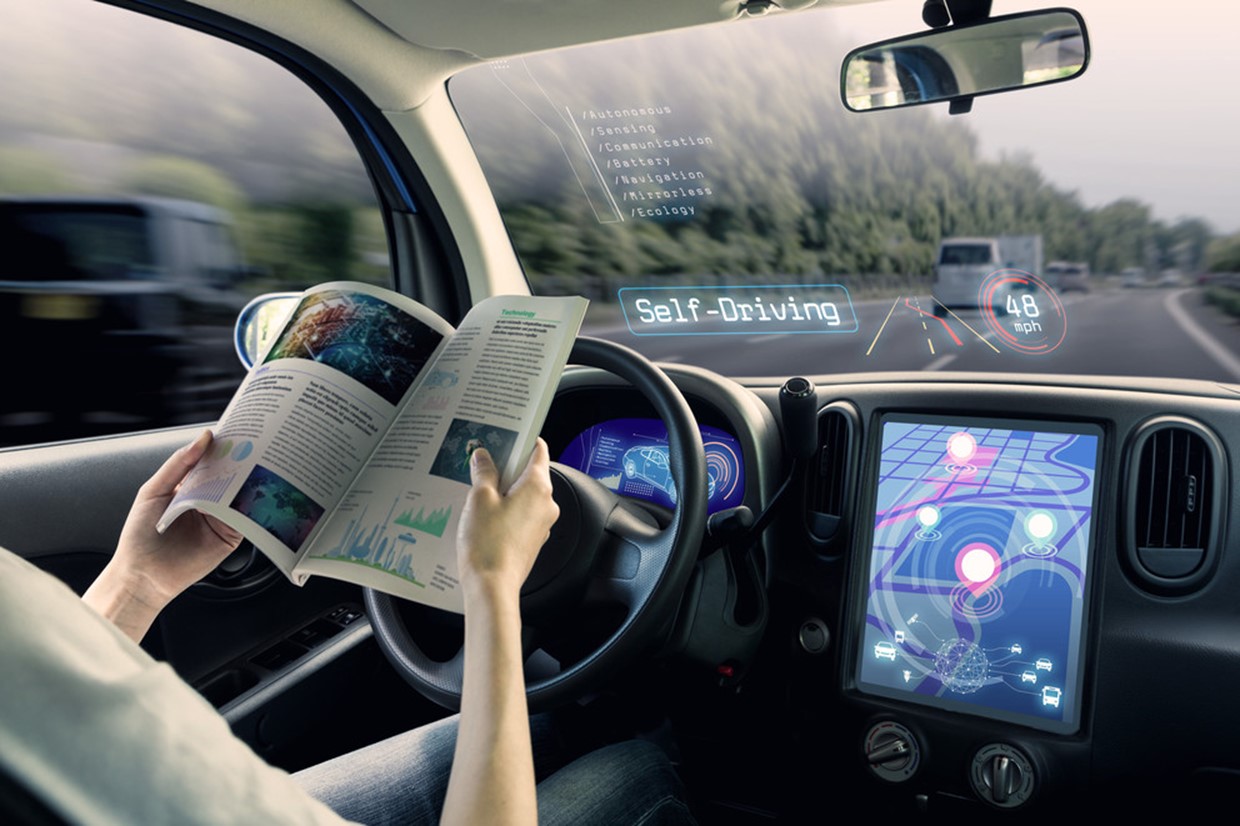
Accenture: 23 million fully autonomous vehicles will be traveling U.S. highways by 2035. Most will not be owned by individuals, but by auto manufacturers, technology companies and ride-sharing services. With fewer individual owners, there will be lower overall premiums, says Accenture. Since as many as 94% of accidents are attributed to human error, the number and severity of accidents and insurance claims will drop, also leading to lower premiums, Accenture says. “There is little doubt that the widespread adoption of autonomous cars will have a huge impact on the automobile insurance industry,” it says.
Autonomous vehicles reduce the need for individual auto insurance. Urbanization, ride-sharing, and a general lack of interest in car ownership among young drivers are also cutting demand and putting pressure on premiums. It will likely be years before fully autonomous vehicles appear on U.S. highways in significant numbers. Large commercial fleets such as UPS, FedEx, and other trucking businesses will likely move to autonomous vehicles at a rapid pace. The transition through the stages will be gradual, and insurers will have some time to adjust and react.
Autonomous vehicles will lead to a decline in individual auto premiums. Insurance companies will need to find new revenue streams to offset this decline. Cyber security, infrastructure insurance and product liability are key areas. These areas can generate $81 billion through 2026 ($15 billion per year from 2020 to 2026, with some fluctuations) and can more than offset the losses in premiums expected through 2050, says the Stevens team. The Stevens team has identified three areas with significant potential for insurers in the period from 2010 to 2050: cyber security, cybersecurity, and infrastructure insurance.
Auto305